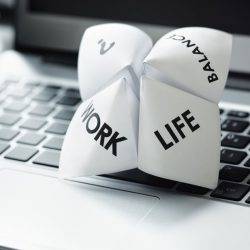To provide the best experiences, we use technologies like cookies to store and/or access device information. Consenting to these technologies will allow us to process data such as browsing behaviour or unique IDs on this site. Not consenting or withdrawing consent, may adversely affect certain features and functions.
The technical storage or access is strictly necessary for the legitimate purpose of enabling the use of a specific service explicitly requested by the subscriber or user, or for the sole purpose of carrying out the transmission of a communication over an electronic communications network.
The technical storage or access is necessary for the legitimate purpose of storing preferences that are not requested by the subscriber or user.
The technical storage or access that is used exclusively for statistical purposes.
The technical storage or access that is used exclusively for anonymous statistical purposes. Without a subpoena, voluntary compliance on the part of your Internet Service Provider, or additional records from a third party, information stored or retrieved for this purpose alone cannot usually be used to identify you.
The technical storage or access is required to create user profiles to send advertising, or to track the user on a website or across several websites for similar marketing purposes.
 A new report published by Softworks (registration) claims that Public Sector organisations continue to lead the way in flexible working with an extensive range of flexible working options available to employees. The most popular flexible working option is part-time working with 94 percent of public sector organisations offering this. This was followed by flexitime with 88 percent of organisations allowing their staff to have flexible start and finish times.
A new report published by Softworks (registration) claims that Public Sector organisations continue to lead the way in flexible working with an extensive range of flexible working options available to employees. The most popular flexible working option is part-time working with 94 percent of public sector organisations offering this. This was followed by flexitime with 88 percent of organisations allowing their staff to have flexible start and finish times.





















 With the rise of both cloud-based technology and the worldwide gig economy, the last ten years of the 21st century have seen some near-revolutionary changes in workplace practice. Entrepreneurs everywhere have been more than happy to make use of these developments, taking advantage of the new business models these changes have brought. For example, IDG found that
With the rise of both cloud-based technology and the worldwide gig economy, the last ten years of the 21st century have seen some near-revolutionary changes in workplace practice. Entrepreneurs everywhere have been more than happy to make use of these developments, taking advantage of the new business models these changes have brought. For example, IDG found that 
 It’s been
It’s been 














March 6, 2019
Beware the great apex fallacy of workplace design 0
by Mark Eltringham • Comment, Flexible working, Furniture, Technology, Workplace design